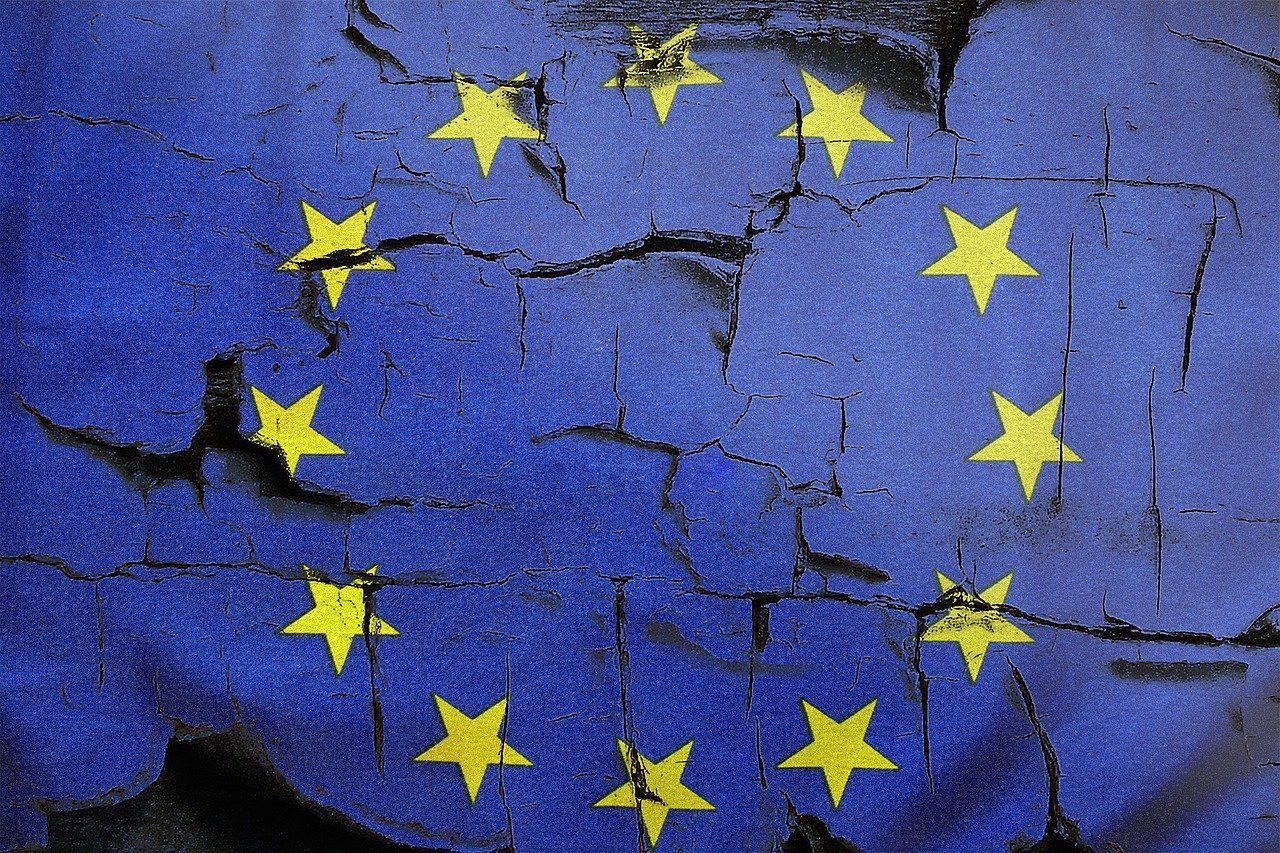- The EU is urged to strengthen regulations on conflict minerals from the Democratic Republic of the Congo (DRC).
- Despite existing regulations, advocacy group Global Witness traced a European trader sourcing minerals from conflict-ridden eastern DRC.
- The DRC situation is complex, with global demand for minerals used in electronics and clean-energy technologies, and allegations of conflict minerals funding violence.
- The EU, as a major importer, needs to enforce regulations effectively, improve transparency, and hold companies accountable for their supply chains.
The European Union (EU) is facing mounting pressure to strengthen its regulations on the illegal importation of conflict minerals from the Democratic Republic of the Congo (DRC). Advocacy group Global Witness (GW) has issued a stark warning about the high risk of the EU’s mineral imports being used to fund militias and state repression in several countries. The EU has legislation in place aimed at preventing armed groups from profiting from the trade of tin, tungsten, tantalum, and gold. These minerals are used in the production of electronics and clean-energy technologies.
However, recent reviews have highlighted limited impacts among local stakeholders and implementation challenges. The EU’s Conflict Minerals Regulation, which was fully implemented in 2021, mandates due-diligence checks on companies importing these minerals from conflict-affected countries. The responsibility for enforcing these checks and imposing sanctions if rules are violated falls on the member states.
Supply Chain Concerns and Violations
Despite these regulations, GW has traced the supply chain of a European trader sourcing minerals from the eastern DRC, where militias involved in the killing and rape of civilians are using the trade in minerals to fund their activities. This raises serious questions about the effectiveness of the EU’s regulation and its enforcement.
Furthermore, Congolese government officials have informed GW that during 2023, minerals from unvalidated mines were being falsely tagged as responsibly sourced. This suggests that the EU regulation is not being properly enforced at a time when the bloc is seeking to secure supplies of critical minerals for the transition to more sustainable energy.
The Complexity of the DRC Situation
The situation in the DRC is fraught with complexities. The country has been plagued by conflict and violence, with militias unleashing terror on civilians. The M23 militia, for instance, has been accused of executing children and raping women in front of their families. The DRC government has also filed a criminal complaint against Apple in France and Belgium, accusing the company of using conflict minerals laundered through international supply chains. Apple has rejected these allegations.
The situation is further complicated by the global demand for minerals, particularly those used in the production of electronics and clean-energy technologies. The DRC is rich in these resources, and the trade in these minerals is a significant source of income for the country. However, the lack of transparency and regulation in the supply chains has led to concerns about the use of conflict minerals and the potential for these resources to fund violence and repression.
The Need for Effective Enforcement and Accountability
In response to these concerns, some companies have committed to only working with responsible and conflict-free supply chains. For example, Traxys Europe, a European buyer implicated in the GW investigation, has stated that it invests considerable effort and resources into ensuring its supply chains are responsible and conflict-free.
However, these commitments are not enough to address the systemic issues in the mineral trade. The EU, as a major importer of these minerals, has a responsibility to ensure that its regulations are effectively enforced and that companies are held accountable for their supply chains. This includes stepping up enforcement of the law, improving the transparency of imports, and imposing sanctions on firms that fail to comply.

